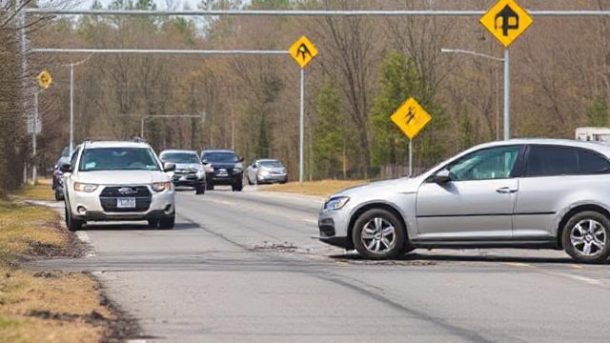Do You Need to Report Every Crash in Georgia?
Navigating the aftermath of a car crash in Georgia can feel overwhelming. Knowing when to report a crash becomes crucial. State law mandates you to report any accident causing injury, death, or property damage exceeding $500. Failing to report can result in legal consequences. A police report not only protects your rights but also provides essential documentation for insurance claims. Contacting the police is a step that fosters transparency and accountability. Further, attorney Timothy Gardner advises that a timely report can significantly affect the outcome of legal proceedings. Understanding your responsibilities after a crash helps ensure compliance and protects your interests. Many drivers overlook the need to report minor incidents, but even these can have hidden impacts. Reporting fosters a sense of responsibility and community safety. Remember, safeguarding others on the road is a duty shared by all. Prepare yourself by knowing when and how to report.
When to Report a Crash
Most accidents should be reported to the police. Georgia law is clear: report if there’s injury, death, or property damage over $500. Even if a crash seems minor, assessment of damage can be tricky. Reporting ensures that you have the official backing if disputes arise. Without a report, proving what happened becomes challenging.
Why Reporting Matters
Reporting a crash is not just about following the law. It provides peace of mind. A police report serves as an impartial overview, documenting the event in detail. Insurers often require this documentation to proceed with claims. Without it, you could face delays or denials. Moreover, reporting even minor crashes can uncover hidden injuries or damages that might not be immediately visible. These can manifest days later, impacting your health or vehicle performance.
Consequences of Not Reporting
If you fail to report a qualifying accident in Georgia, you risk fines and penalties. These can include license suspension or even criminal charges, depending on the severity. Insurance companies may also penalize you for not following the correct procedures. This could mean higher premiums or refusal to cover damages. A prompt report protects against these outcomes and ensures you remain compliant with state regulations.
How to Report a Crash
Reporting a crash involves a few straightforward steps. Contact local law enforcement immediately. Provide them with an accurate account of what happened. If possible, take photos of the scene and gather contact details from any witnesses. This instant documentation is essential. Once the police arrive, cooperate fully, and ensure complete details are included in the report. Request a copy for your records for future reference and insurance purposes.
Data on Reporting and Outcomes
| Type of Incident | Reporting Required? | Potential Outcome if Not Reported |
| Injury or Death | Yes | Fines, License Suspension, Criminal Charges |
| Property Damage Over $500 | Yes | Insurance Denial, Increased Premiums |
| Minor Damage | No, but Recommended | Unreported Injuries, Disputes with Other Drivers |
Conclusion
Your safety and that of others takes precedence following a crash. Reporting is a simple yet powerful tool that safeguards everyone involved. It keeps roads safe and ensures that insurance processes remain smooth. Remember, even minor collisions can have larger repercussions. By understanding and fulfilling your obligations, you take responsibility not just for your journey, but for everyone who shares the road with you. Stay informed and proactive, and always choose to report. This choice protects your rights and fosters a safer community for all drivers.



